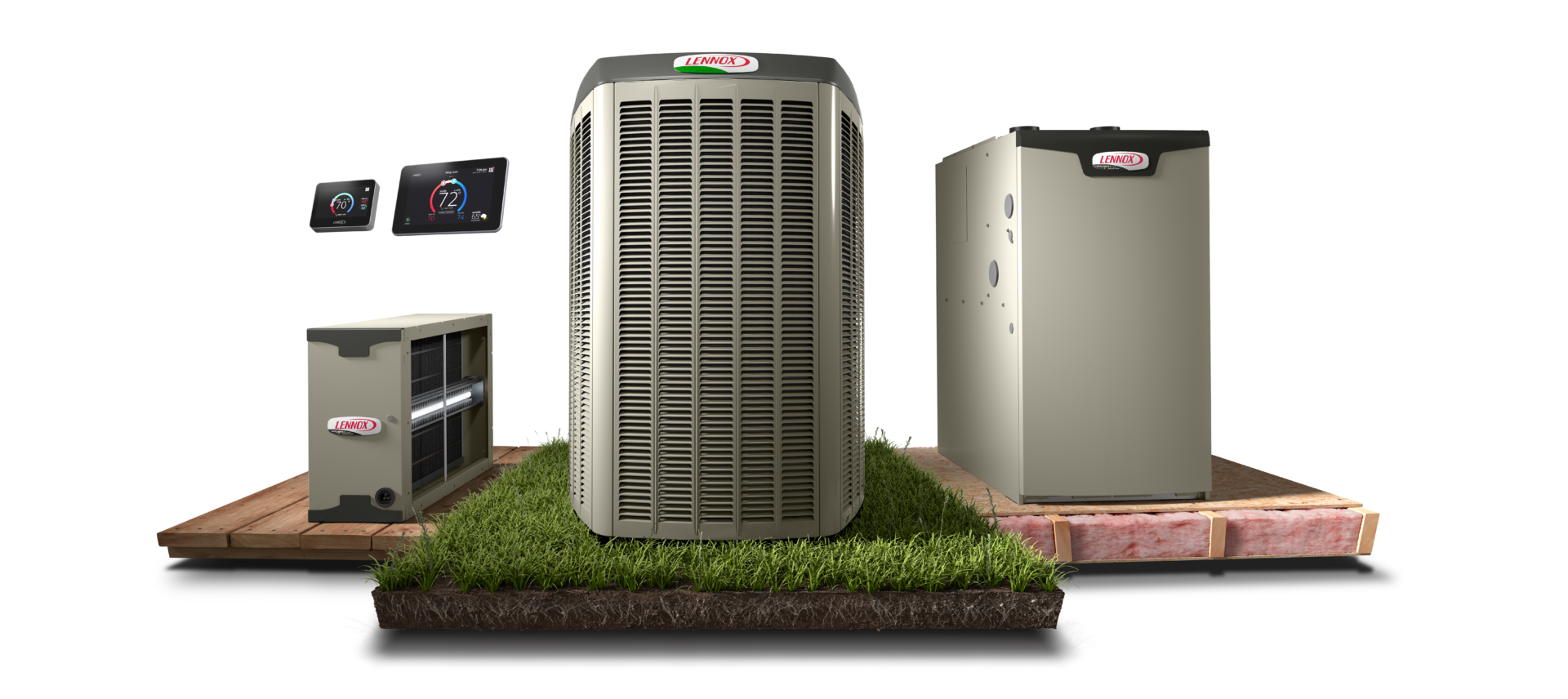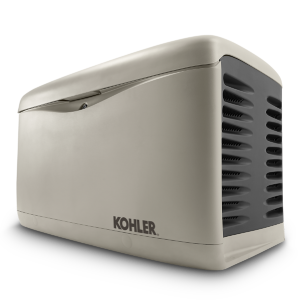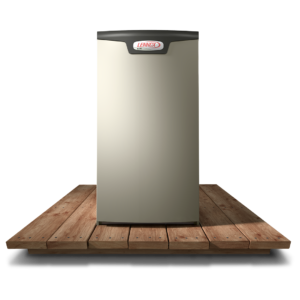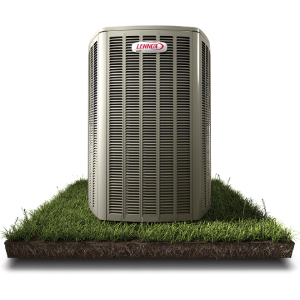Air Master Joins Randazzo Heating, Cooling & Electrical

HAS JOINED FORCES WITH
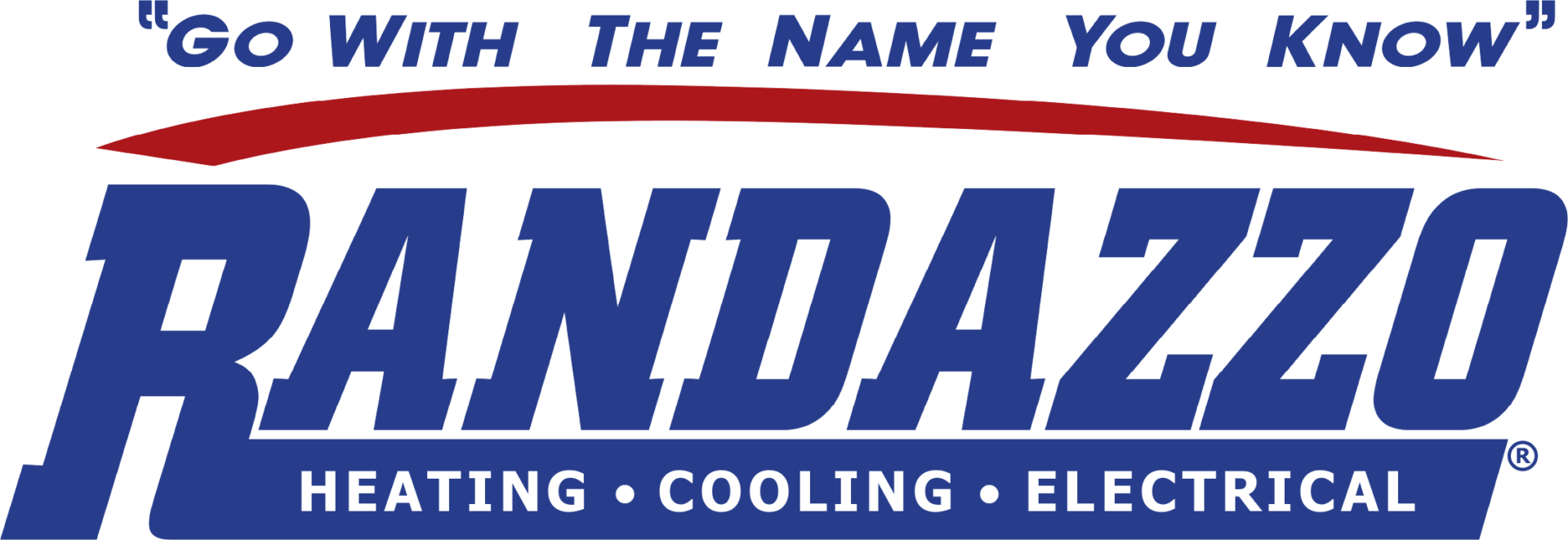
SHARING STRENGTHS TO PROVIDE OPTIMAL CUSTOMER SERVICE FOR YOUR HEATING, COOLING, AND ELECTRICAL NEEDS.
Trusted Services
We know you know and rely on Air Master for reliable and professional heating and cooling services.
That won't change; in fact, our shared strengths will only increase our capabilities! Improving efficiencies and providing you with better customer service and support.
Questions?
We know you enjoyed your service with Air Master, and we want you to know that their reputation matters to us.
If you're wondering if this change will affect your current service, please call us at 586-336-1111.
Customer Experiences
Combining forces allows us to provide enhanced customer service, more scheduling opportunities, and so much more!
The Randazzo Difference
Randazzo Heating & Cooling is Michigan’s largest award-winning Lennox Premier Dealer. We only offer the finest in installations and repair. You can rest assured knowing you will get the speed, quality, and experience you seek.
We are fully insured and licensed within the State of Michigan for residential heating and cooling systems. We are licensed for electrical work and have Master Electricians on staff ready to serve you. We guarantee your project will be done right the first time, every time!

Ask your comfort advisor, at the time of your appointment, about our bonus Lennox rebates! For a limited time, get up to $1,900 in bonus rebates.

Get a free surface and air purifier when you purchase a furnace and A/C package.
Payments start as low as $70 a month

